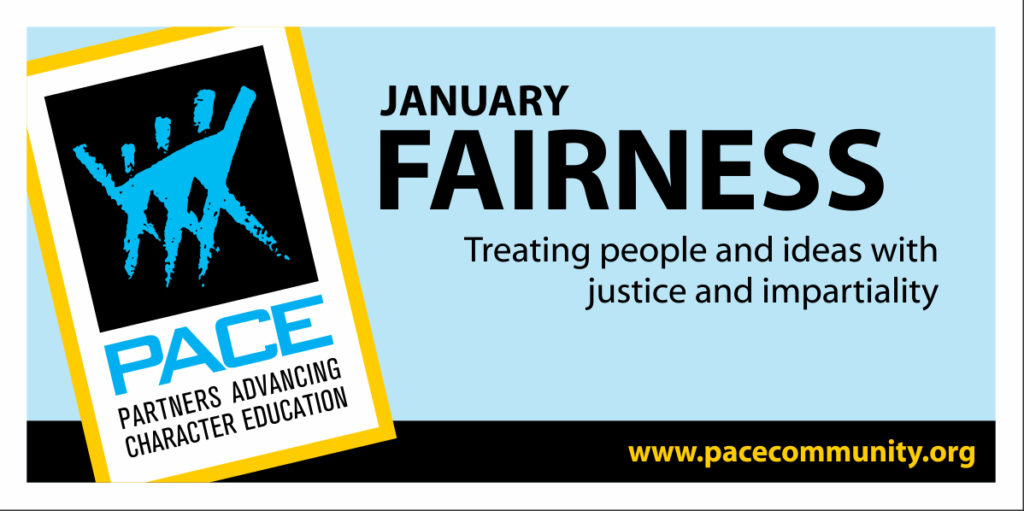
Judge Cooney
Submitted by the Honorable John Cooney for publication by PACE Partners: The Current, The Splash and Valley News Herald
Kindness, tolerance, generosity, forgiveness, honesty, self-control and almost every other virtue all have something in common. They are all useless, completely and utterly useless. Useless, that is, if not paired with the less-noticed virtue of courage. The virtue of courage, as downplayed as it may be, is actually the reflection of all other virtues. In other words, courage is the vehicle through which all of the other attributes come into being. Accordingly, the importance of being courageous, or rather the importance of understanding what courage is and recognizing it in our own lives, must be enhanced.
To invoke the virtue of courage, a catalyst must be found. Otherwise, one may be content to let courage lie dormant. As such, to awaken courage requires us to believe in something greater than ourselves. Placing your hope in life, God, an ideal, or some type of goal is of the utmost importance. Rarely are we able to comprehend how courageous we will be in time of trouble by simply envisioning ourselves in dilemmas. Instead, we must convince ourselves that faith in something greater than ourselves will make our courage stronger than the obstacles we face. Cicero summed it up well when he wrote, “A man of courage is also full of faith.”
The virtue of courage is most frequently thought of in life-threatening situations, much like the actions a firefighter or soldier displays, or perhaps someone battling terminal illness. If placed in a comparable situation, we too may instinctively act in a courageous manner, yet the perpetual test of being courageous lies in the subtleties of life. For instance, it takes courage to display honesty and admit fault when the substantial consequences that follow are known. It takes courage to wake up every single morning feeling ill-equipped but ready to give it your all. It takes courage to forgive the unforgiveable, to humbly serve others, and to exercise self-control in the face of worldly pressures.
To better understand the attribute of courage, the antithesis of courage, fear, must be considered. It would be incorrect to assume that a person acting with courage does not also harbor the mindset of fear or timidity. While fear occupies the mind of a person acting courageously, it has not conquered the virtue of courage. Significantly, a conscious decision must be made to let courage rein. All the while, fear or cowardice may be present but will ultimately surrender to the supremacy of courage.
Perhaps the greatest challenge in exhibiting courage comes following defeat. Experiencing defeat promotes our fears of inadequacy, ill-preparedness, and inferiority. When defeat prevails, fear earns the upper hand and our resolve subsides. Ultimately, by giving in to defeat, we are essentially conditioning ourselves to let fear prevail, making it unlikely we will choose once more to act courageously. Fortunately, there is a systematic remedy to prevent this setback.
Ultimately, the only way to allow courage to consistently dominate fear is to make it a daily practice. Like the muscles of the body, to grow stronger, courage must be exercised frequently. Making a conscious decision to persistently act courageously in the subtleties of life will not only develop the ability to become more courageous, it will also continually suppress fears of inadequacy. By exercising the virtue of courage, the fear that prevents us from turning the virtues of kindness, tolerance, generosity, forgiveness, honesty, and self-control into action will subside. In the end, when courage prevents the paralysis of fear from setting in, the other great virtues will turn from simple nouns into the actions that define us.

